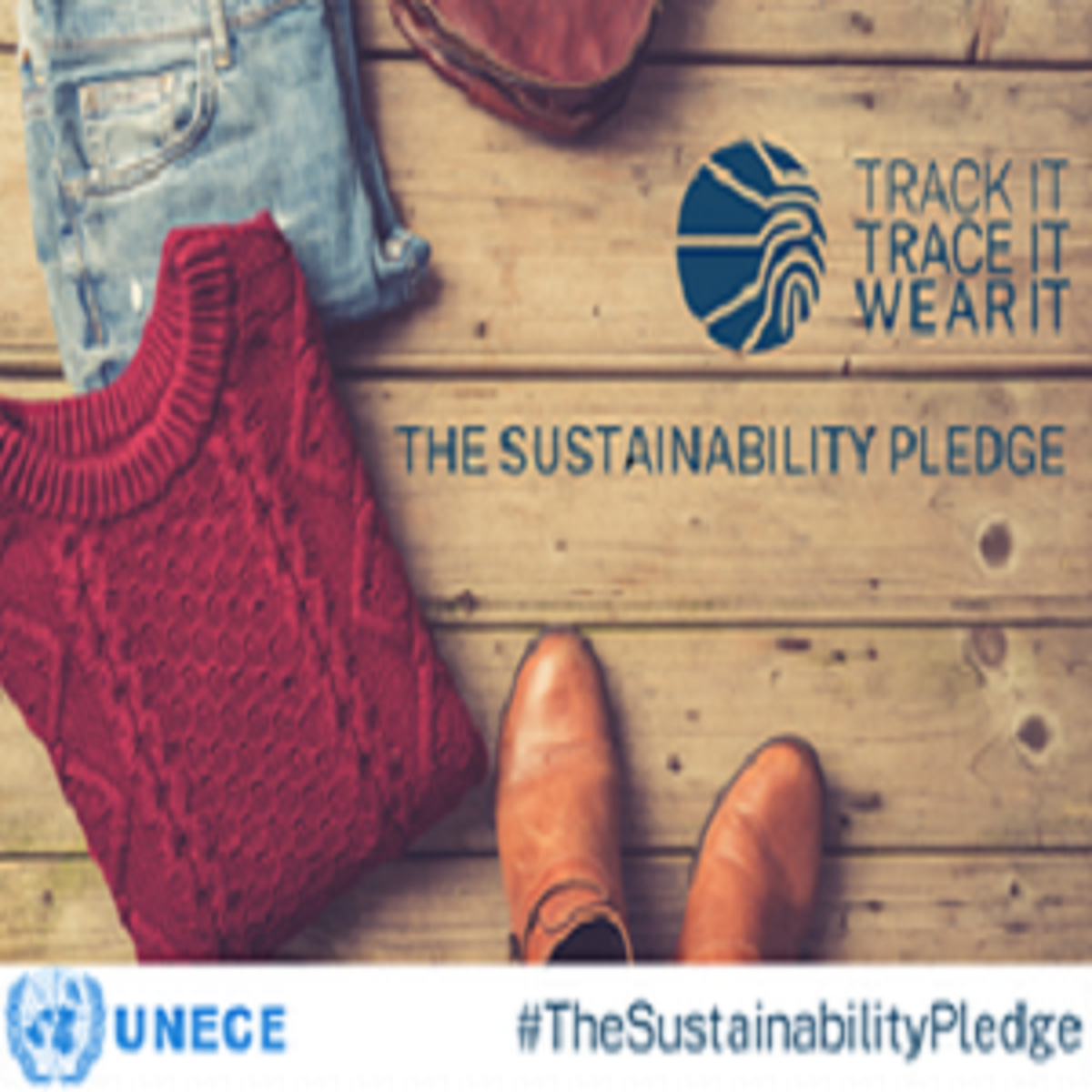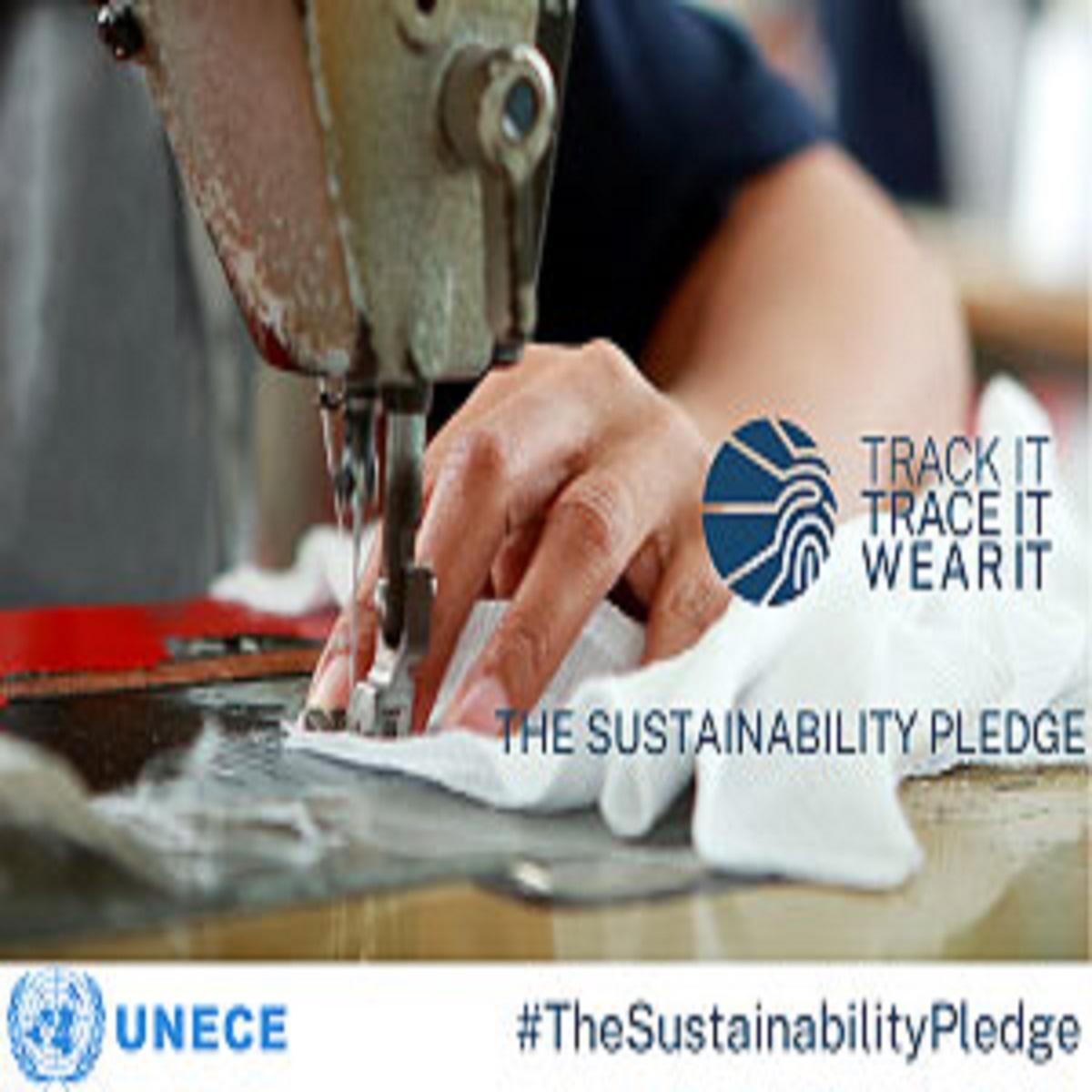Enhancing Traceability and Transparency of Sustainable Value Chains in Garment and Footwear
The global garment and footwear industry is one of the most polluting sectors that’s represents 4 per cent of global emissions alone on the planet, characterized by overconsumption and overproduction. Not to mention the health impacts, as about 8% of dermatological diseases are reported to be caused by the chemicals in the clothing and footwear we wear. Human exploitation, low wages and poor working conditions are also significant challenges in a sector where global and complex value chains. With production facilities scattered all over the world, it makes it very hard to gain accurate information about how and where environmental, human rights and labour issues occur.
For instance, in the pilots, it is explored the supporting role of blockchain technology to track and trace a recycled denim and an organic cotton shirt throughout the whole value chain from field to shelf, testing claims about the origin, fibre content, and use of chemicals.
Objective of the Tool
Improve traceability and transparency of the garment industry. By tracking and tracing goods through the supply chain, producers and brands have the information they need to make verifiable sustainability claims that consumers, governments and regulators can trust.
The information obtained can help reduce the use of new sources, reuse products and parts, and recycle waste properly. Instead of the “use and discard” model, garment and footwear production and consumption can embrace circularity by design and create attractive alternative business models to reverse fast fashion trends.

Item Assessment information
Needs addressed
- Developing strong governance and policies
- Scaling sustainable and circular business models
- Adopting SCP norms, technologies and practices
Leaving no one behind
- Addressing SCP needs of the national population (including vulnerable groups)
- Promoting equal women/men participation and development with SCP
- Enhancing SCP practices and collaboration between key stakeholders (public and private)
Applicability
- Tested
- Implemented
- Evaluated Proof of Concept
- Applicable multiple countries
Organizations
-
12.1
-
12.5
-
12.8
-
12.a
How does the tool make an impact on SDG12?
12.1 Sustainable consumption and production patterns:
The UNECE initiative’s Policy Recommendation N°46, and implementation guidelines support the shift to sustainable consumption and production patterns by advancing traceability and transparency, and implement applications in cross-industry value chains.
12.5 Reduced waste generation:
By developing information exchange and traceability standards in a harmonized manner, UN/CEFACT contributes to adequate waste management, recycling and reuse.
Verified information about the product’s origin, fibre content, durability, production processes, and contained chemicals allow to ensure correct recyclability, reusability and waste production as well as identify hotspots of resource loss. The standards further confirm that production, transportation and distribution are in line with high-level policy objectives of civil society values.
12.6 Responsible companies:
By mobilizing multi-sectoral partnerships and harnessing new technologies for electronic business, UNECE is leading international efforts to advance the traceability and transparency of supply chains for more sustainable production and consumption systems (Sustainable Procurement, Sustainable and Circular Textiles). Enhanced traceability and transparency allow companies to adopt sustainable practices and to integrate trustworthy sustainability information into their reporting cycle or ESG reporting.
12.8 Information and awareness for sustainable development:
By providing industry actors with a set of internationally agreed practices for the harmonized collection and transmission of data for tracking and tracing materials, products, and processes across an entire value chain, producers and brands can have the information they need to make verifiable sustainability claims that consumers, governments and regulators can trust. This UNECE mechanism enables governments, industry partners, consumers, and all other relevant stakeholders to make risk-informed decisions, overcome information asymmetry, communicate, and achieve accountability for sustainability claims (including those for regulatory compliance) and anchor business models to responsible business conduct.
12.A Support for developing countries:
While considering the digital divide, UNECE blockchain pilots support increasing visibility and connectivity of small-scale actors (e.g., MSMEs, smallholders, farmers and producers) in cotton or leather supply chains, bring visibility upon the upstream part of the chain and create market access opportunities. On that note, it supports the improvement of working conditions through higher transparency and visibility on the hotspots, thereby setting a step towards poverty alleviation in developing countries, including the Asia-Pacific region where 75% of all garment sector workers worldwide are employed.
How does the tool make an impact across SDGs?
SDG 8: Decent Work and Economic Growth
With UNECE pilots, distributed ledger technologies (blockchain) are being implemented, which record data in an immutable way and make the information more easily distributed for verification and disclosure purposes. As such, this allows the identification of production processes and labour or human rights dimensions and promotes decent work and social rights.
SDG 17: Partnerships for the Goals
By enhancing traceability and transparency, the toolbox, as inclusive tool increases the visibility, connectivity, trust and supply chain collaboration among all stakeholders, including vulnerable groups, and MSMEs. As a result, small-scale actors become evident, present and recognized in value chains, business practices and national legislations.

How does the tool promote and/or make an impact on MEAs?
By improving traceability and using blockchain technology the information obtained increases companies’ abilities to manage value chains more effectively, identify, mitigate and address labor and human rights violations, and sustainability impacts, combat counterfeits and manage operational and reputational risks. As such, it is possible to support environmental agendas with data and risk management







